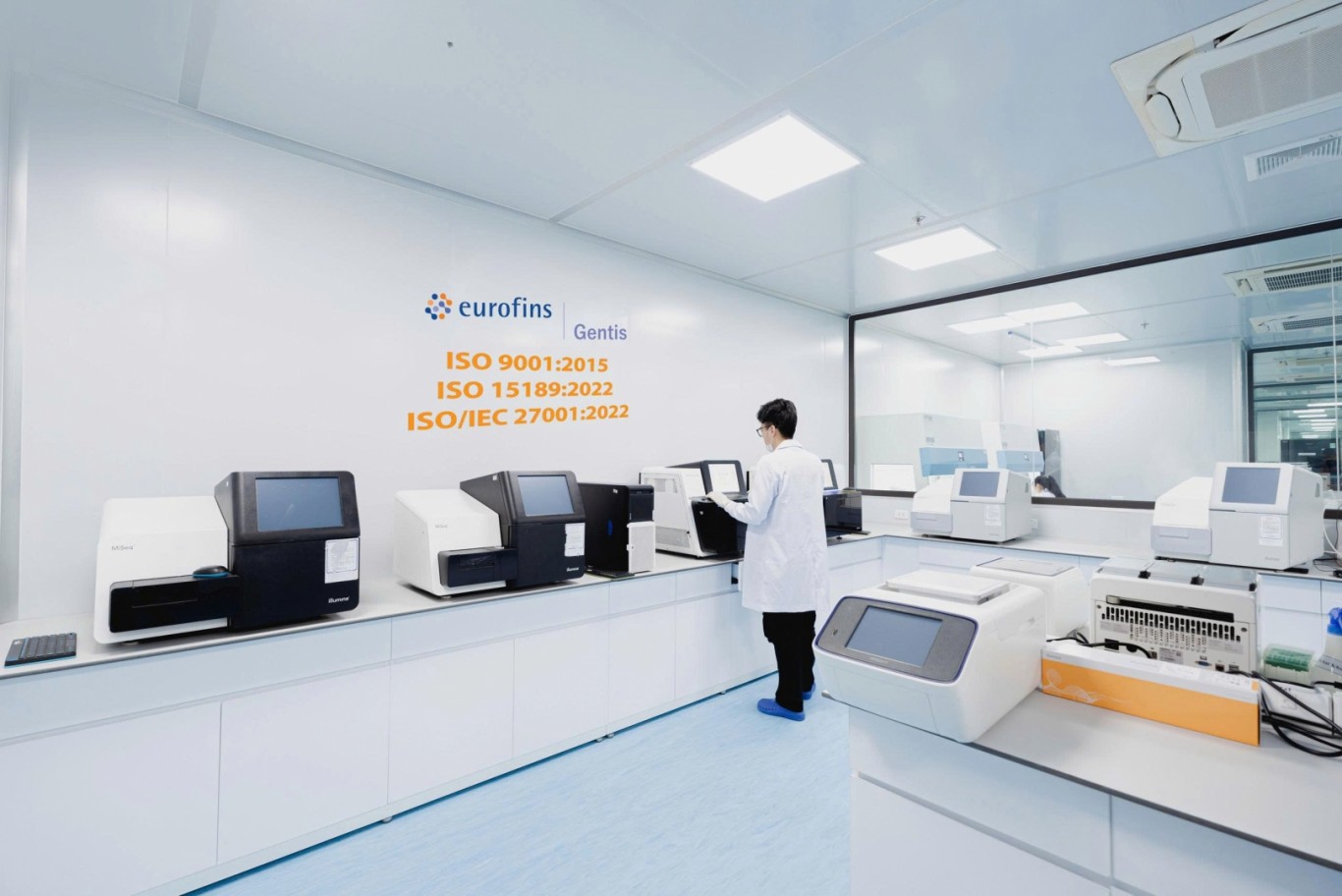1. The Importance of Newborn Screening Tests
Genetic, endocrine, and metabolic disorders are factors that impact both the physical and mental development of children. Typically, these conditions are hard to detect in newborns because they do not exhibit clear or specific symptoms. However, if not detected early, these diseases can lead to serious consequences for both the child and the family. Therefore, conducting early newborn screening is crucial to ensure the comprehensive development of infants.
2. When to Perform Newborn Screening for Children
Newborn screening tests (NBST) are recommended to be carried out early, ideally within 2 to 7 days of birth, with the golden time for testing being 48 hours after birth. The earlier the test is conducted, the higher the chances of recovery and development, as some diseases, if detected too late, may result in irreversible damage to the child.
3. 5 Diseases Detected Through Newborn Screening
3.1 Congenital Hypothyroidism
Congenital hypothyroidism is a thyroid disorder where a newborn's thyroid gland does not produce enough thyroid hormone. This hormone is essential for brain and body development from birth to adulthood. If this hormone is deficient, it leads to delayed physical and mental growth. Early detection and timely supplementation of thyroid hormone within the first two weeks after birth will help the child develop normally.
3.2 G6PD Deficiency
G6PD deficiency is a condition in which a child’s body cannot produce enough G6PD enzyme. This enzyme is found in red blood cells, and its deficiency leads to the accumulation of harmful substances in red blood cells, making them fragile and prone to breaking. Early detection, avoiding certain medications, and monitoring jaundice in newborns can help prevent hemolytic episodes that may cause anemia and jaundice.
3.3 Congenital Adrenal Hyperplasia
Congenital adrenal hyperplasia is a disorder caused by abnormal function of the adrenal glands in newborns. This condition can lead to death in severe cases, cause "masculinization" in female infants, and result in early puberty. Early detection allows for more effective treatment with fewer long-term effects on the child’s life.
3.4 Phenylketonuria
Phenylketonuria is a genetic recessive disorder on chromosome 12, caused by a deficiency in the enzyme Phenylalanine Hydroxylase (PAH). This results in a metabolic disorder that leads to intellectual disabilities, along with cognitive and behavioral abnormalities due to high levels of phenylalanine in the blood,
3,5 Galactosemia
Galactosemia is a genetic metabolic disorder that impairs the metabolism of the simple sugar galactose, leading to its accumulation in the blood. The condition causes symptoms such as diarrhea, vomiting, seizures, hypoglycemia, and liver cell damage. Early screening helps manage lactose and galactose intake in a child’s diet, preventing life-threatening complications.
4. Why Choose GENTIS for Newborn Screening Tests
Newborn screening should be performed as early as possible to ensure that children grow up healthy and develop normally. Parents should also choose a reputable medical facility for testing.
Currently, GENTIS offers newborn screening for the 5 diseases mentioned. GENTIS is a leading genetic testing center in Vietnam with over 14 years of experience and various certifications, including ISO 15189:2022, ISO 27001:2022, and ISO 9001:2015. GENTIS boasts modern facilities, equipment, and laboratories, along with a team of experts, doctors, and leading consultants.
Let GENTIS help provide the best start for your child!












